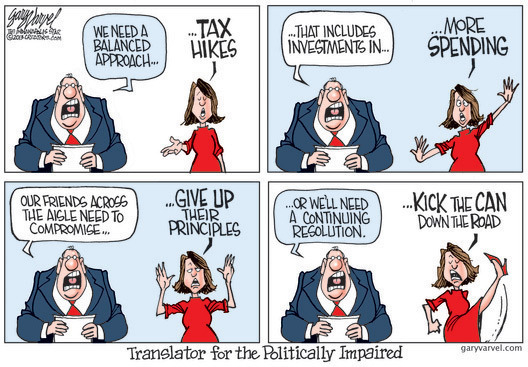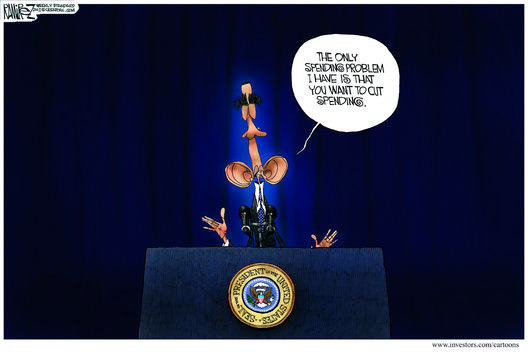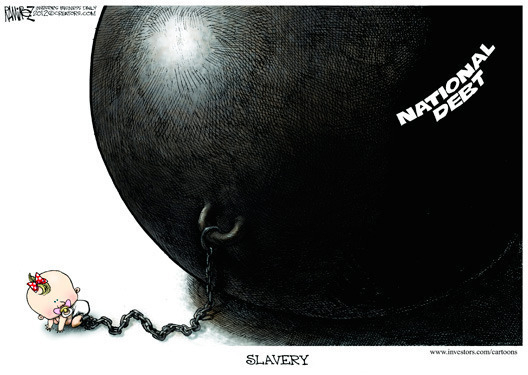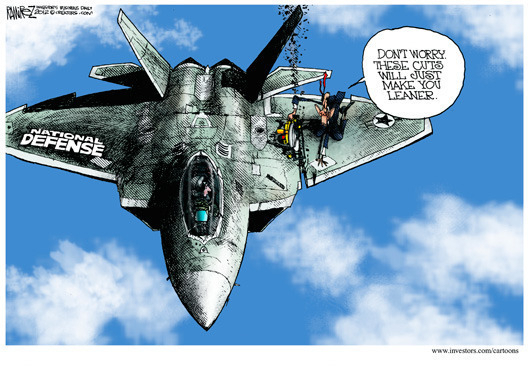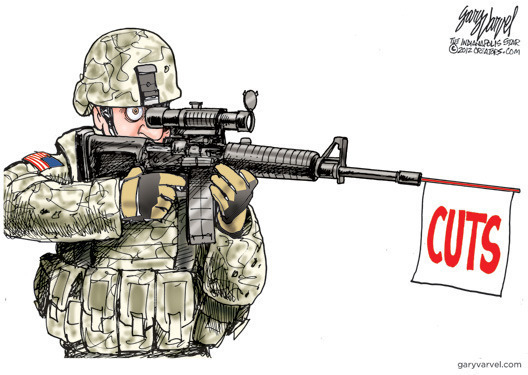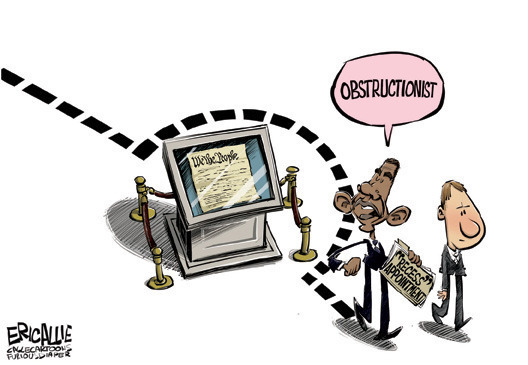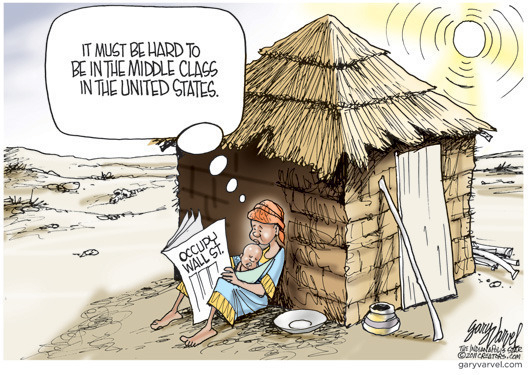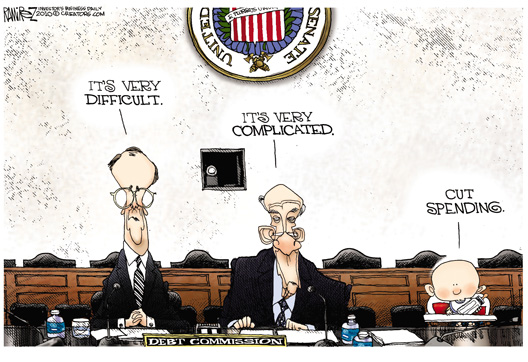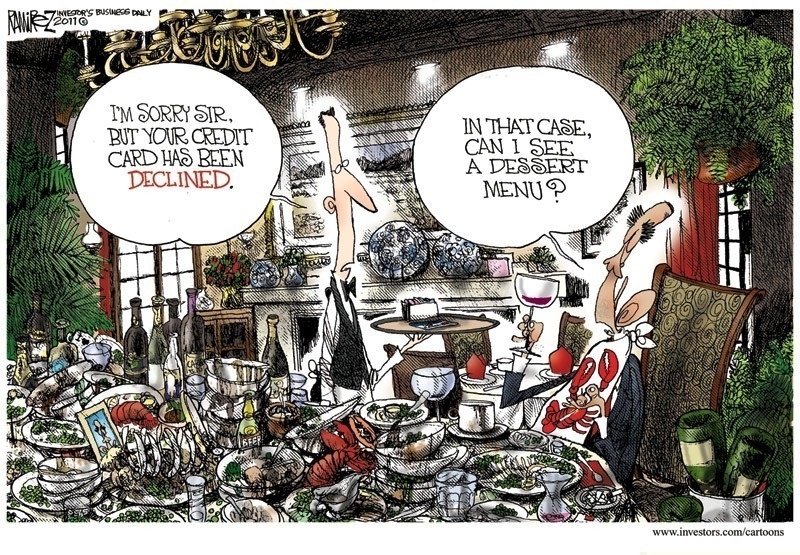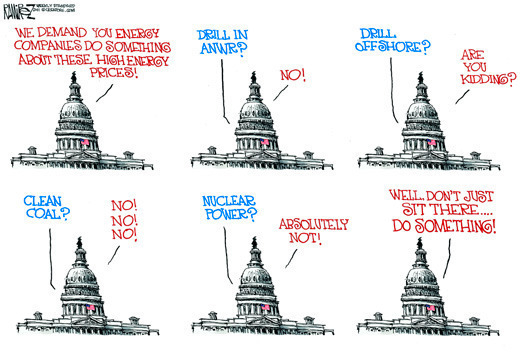politics
We’re learning more about the dead Venezuelan dictator Hugo Chavez. It seems he amassed about $2 billion in personal fortune while president – and he was a socialist. Imagine how rich he could have been if he didn’t believe in redistribution of wealth.
To take from one, because it is thought his own industry and that of his fathers has acquired too much, in order to spare to others, who, or whose fathers, have not exercised equal industry and skill, is to violate arbitrarily the first principle of association, the guarantee to everyone the free exercise of his industry and the fruits acquired by it.
If Congress can do whatever in their discretion can be done by money, and will promote the General Welfare, the Government is no longer a limited one, possessing enumerated powers, but an indefinite one, subject to particular exceptions.
Who are the militia? Are they not ourselves? It is feared, then, that we shall turn our arms each man against his own bosom. Congress have no power to disarm the militia. Their swords, and every other terrible implement of the soldier, are the birthright of an American. …[T]he unlimited power of the sword is not in the hands of either the federal or state governments, but, where I trust in God it will ever remain, in the hands of the people.
"There is no maxim, in my opinion, which is more liable to be misapplied, and which, therefore, more needs elucidation, than the current, that the interest of the majority is the political standard of right and wrong."
—James Madison, letter to James Monroe, 1786
The United States is a nation of laws, not men.
The price for this freedom at times has been high, but we have never been unwilling to pay that price. … It is time for us to realize that we are too great a nation to limit ourselves to small dreams. We’re not, as some would have us believe, doomed to an inevitable decline. I do not believe in a fate that will fall on us no matter what we do. I do believe in a fate that will fall on us if we do nothing.
Make no mistake: America is in a media war. It is an extension of the Cold War that never ended but shifted to an electronic front. The war between freedom and statism ended geographically when the Berlin Wall fell. But the existential battle never ceased.
The ordaining of laws in favor of one part of the nation, to the prejudice and oppression of another, is certainly the most erroneous and mistaken policy. An equal dispensation of protection, rights, privileges, and advantages, is what every part is entitled to, and ought to enjoy.
Takers, Not Makers
Stephen Moore, WSJ:
If you want to understand better why so many states--from New York to Wisconsin to California--are teetering on the brink of bankruptcy, consider this depressing statistic: Today in America there are nearly twice as many people working for the government (22.5 million) than in all of manufacturing (11.5 million). This is an almost exact reversal of the situation in 1960, when there were 15 million workers in manufacturing and 8.7 million collecting a paycheck from the government.
It gets worse. More Americans work for the government than work in construction, farming, fishing, forestry, manufacturing, mining and utilities combined. We have moved decisively from a nation of makers to a nation of takers. Nearly half of the $2.2 trillion cost of state and local governments is the $1 trillion-a-year tab for pay and benefits of state and local employees. Is it any wonder that so many states and cities cannot pay their bills?

